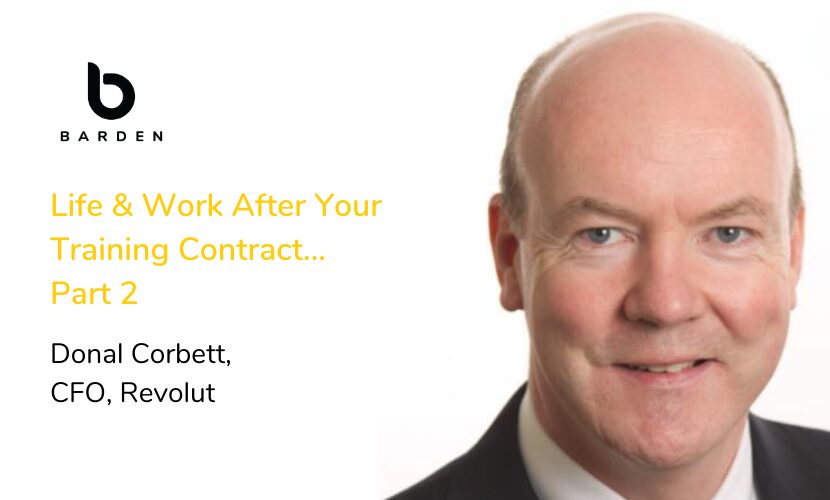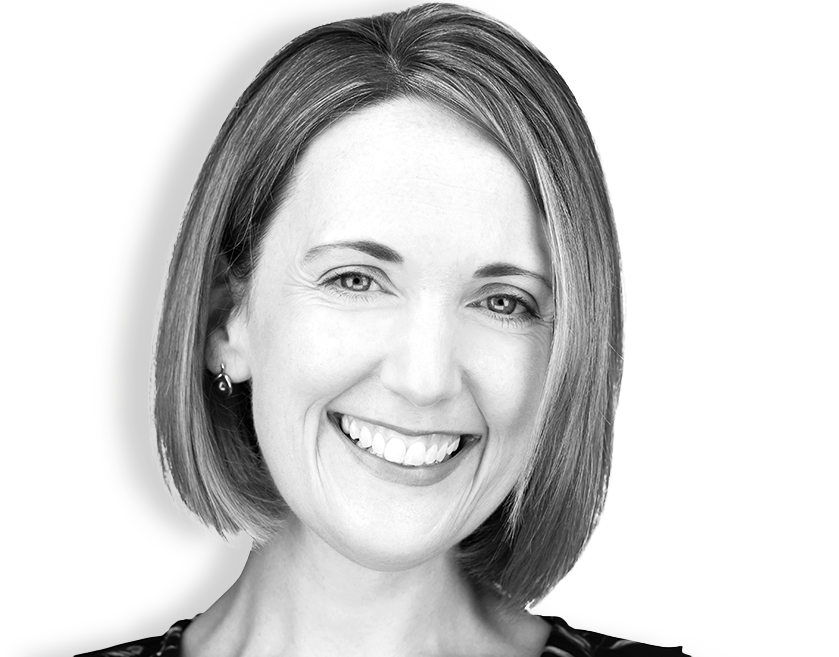Last week we brought you the first, in a short series of blogs, following an interview with Donal Corbett, FCA and CFO of Revolut. The interview took place as part of our partnership with the Chartered Accountants Student Society of Ireland (CASSI). Here we bring you part 2…
First a Reminder…A Little Bit About Donal
Donal began his accountancy career with PwC in 1991 where he trained in the Audit department. One of his main clients was First Active Plc, the company in which he decided to make his first move into industry with following a period of secondment for 12 months. Donal worked there for almost 7 years before transitioning into Ulster Bank following its takeover of First Active. He later spent 6 years with Dilosk and in January of this year joined Revolut as CFO.
Donal’s Biggest Challenges After Leaving Practice
“Accounting is all about building relationships these days”
To begin with, Donal told us his biggest challenges when he left practice and how he overcame them. His first was establishing relationships with senior people and getting exposure to the Board. In practice, you have daily encounters with the Partners. But in industry, depending on the company structure, it can be very different. He was lucky that he got the opportunity to work on a large flotation project soon after joining First National Building Society (which became First Active) – this project was naturally really important for the business and as a result had the eyes and ears of the Directors. This helped him gain exposure to the Board of First National during his early days there.
Second was to get the right experience early on. He explained that he took the internal audit (IA) role in order to get a promotion as he knew he would gain strong experience across the business in the IA role and it would help his future career.
Practice Versus Financial Services
Next he discussed the differences between working in practice v’s financial services. It was very different. PwC focused on customers and deadlines and there was endless communication with the Partners. He understood the jargon in PwC. Communication is tougher in industry particularly with senior stakeholders in a large company. There are different audiences and you have to adapt your communication to each of them specifically, and you have to adapt to the culture. A “non-billable hours” environment is very different to a billable hours environment such as PwC.
“I didn’t miss the time-sheets!”
There is a lot wider audience of stakeholders in industry and you have to take a different approach to working with them at their different levels. The deliverables are very different also. However there are also very important commonalities. Most important being how you treat people – from the Receptionist when you enter the office in the morning to the Managing Partner or CEO.
Tune in next week to read more about Donal’s interview and hear about his ‘3 Tips When Leaving Practice’, ‘3 Key Things to Include in Your CV’, Top 3 Tips For Your Interview and ‘Revolut in Ireland’ …
A special thanks to Siobhán Sexton ACA, Senior Associate at Barden and expert in Recently Qualified Accounting careers, for putting this series together.


 Jump Back
Jump Back

